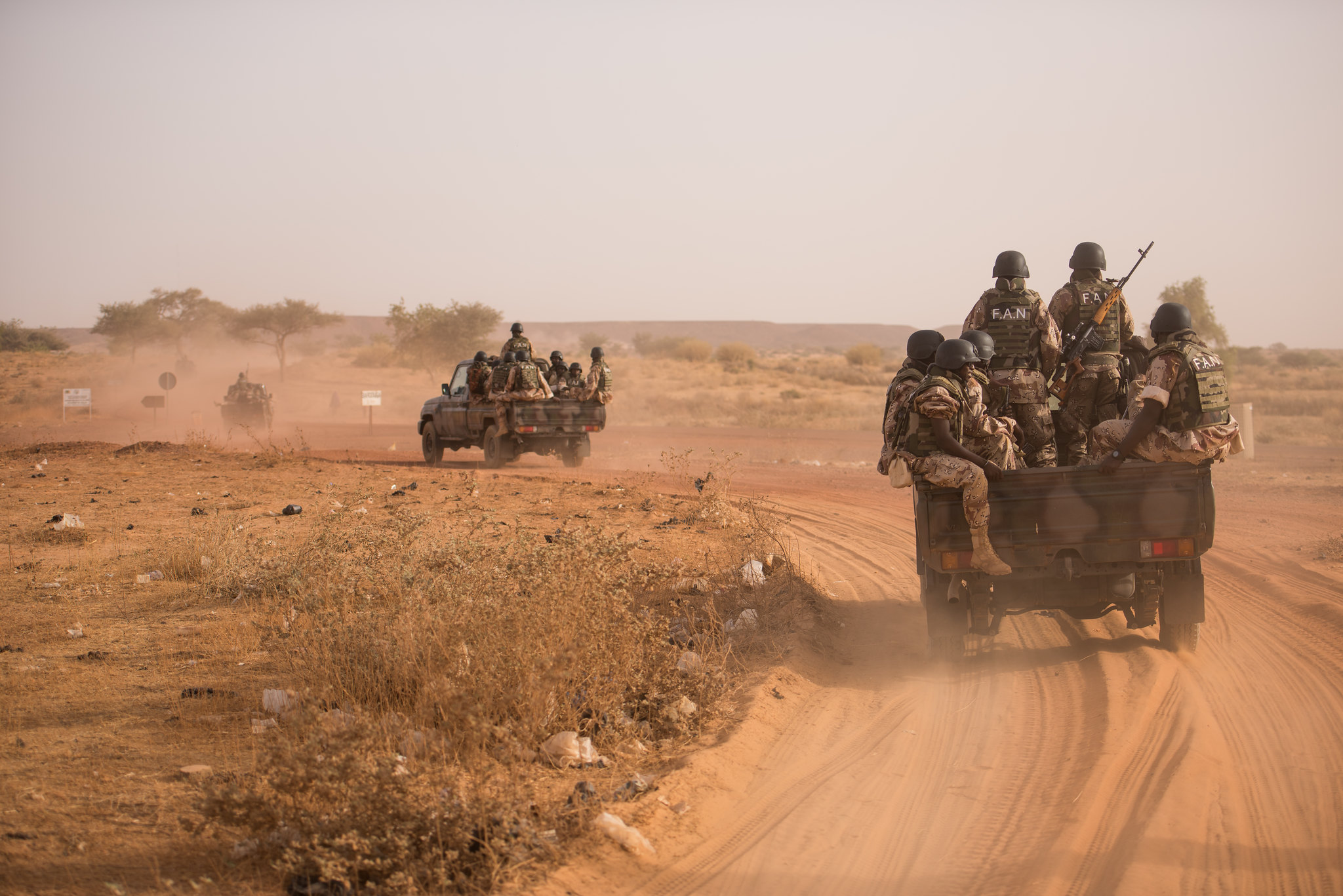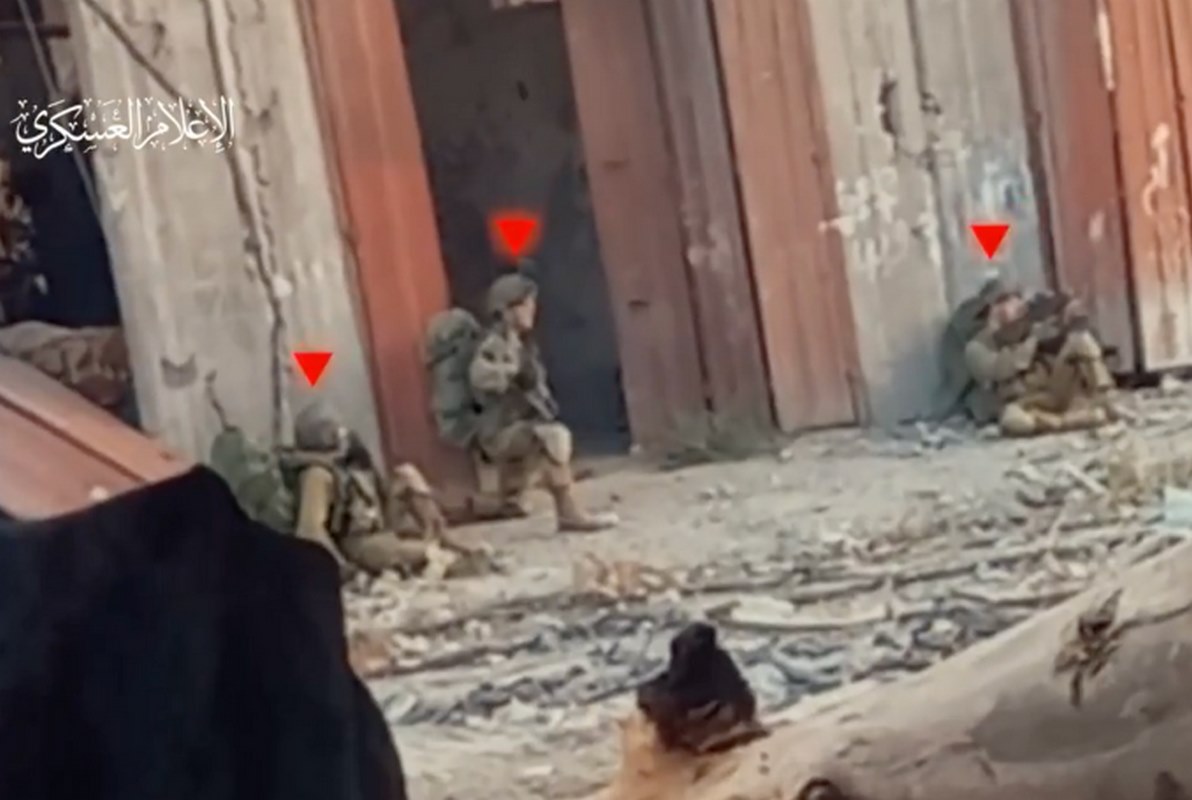PICTURED: A neighborhood in Sana, Yemen, a day after it was hit by a Saudi-led airstrike on Thursday, May 17th, 2018. PC: Felton Davis. CC 2.0
WASHINGTON D.C. December 7th, 2021. A joint-resolution introduced in Senate by Rand Paul (R – KY) Bernie Sanders (D – VT) and Mike Lee (R – UT) that would have prevented the sale of $650 million in air-to-air missiles to Saudi Arabia for use in the War in Yemen was overwhelmingly rejected in a 30-67 vote.
The White House “strongly opposed” the blocking maneuver. Biden announced earlier in the year that Yemen was suffering “unendurable devastation” and that he was ending support to all Saudi “offensive operations,” though many at the time pointed out the murkiness of that statement.
Sure enough, despite many thousands killed in fighting in the Marib Province and around the capital of Sanaa, Biden’s Administration continues to look to vendor Raytheon-made missiles to the Saudis, and the Senate agrees with them.
Paul, a co-sponsor of the joint resolution, penned an op-ed at the American Conservative, indicating that the White House’s claim that air-to-air missiles support, not offensive operations, but defensive ones only, is a farce, since the blockade of food and humanitarian aid is enforced by Saudi Arabia through the threat of shooting down aircraft attempting to land at Sanaa Airport.
The Senator from Kentucky wrote:
“According to William Hartung, the director of the Arms and Security Program at the Center for International Policy, ‘the air blockade is enforced by a threat to shoot down any aircraft, military or civilian, that enters Yemeni air space with the goal of landing at Sanaa airport. The provision of air-to-air missiles gives further credibility to this threat, dissuading any government or aid group from bringing in crucial medicines or flying patients in and out of Yemen.’
In other words, no weapon is exclusively defensive and continued American arm sales means continued death and starvation in Yemen”.
PICTURED: Rand Paul, a co-sponsor of the bill.
Continued death and starvation
The United Nations estimate that 377,000 people, mostly children under the age of 5, will die in Yemen this year due to the U.S. supported enforcement of the Saudi blockade in Yemen, along with many other soldiers and civilians from Bin-Salman’s relentless bombing campaigns.
“In 2021, a Yemeni child under the age of five dies every nine minutes because of the conflict,” found the UN’s report.
Saudi Arabia launched the war with the blessings of the U.S., in 2014 after an ethnic group called the Houthis ousted the Saudi-backed dictatorship that was run in an election featuring one candidate, and one name on the ballots.
Targeted mass-bombing and a total blockade of humanitarian aid that has included deliberate enforcement of starvation by the Saudis has characterized a 7-year war that commander-in-chief- Mohammed Bin-Salman said would be over in a short period.
Multiple attempts to scale back or end entirely, America’s involvement in the persecution of the world’s worst humanitarian crisis have been made in Congress, but they have all been defeated by vote or vetoed by the President. The justifications have always been small concerns, like an attempt to overly-police presidential authority, or because it’s a defensive arms sale, or because the Houthis may have received covert aid from Iran to launch counter attacks against the invaders, but the issue of mass-starvation, famine, mass death from cholera outbreaks, or genocide, is never addressed in Washington.
Earlier this year Representative Ro Khanna (D – CA) attempted to add text to the National Defense Authorization Act for 2022 that no money can be apportioned for use in the War in Yemen, but a compromised NDAA bill past on Tuesday with Khanna’s amendment stripped out of it.
Currently no remaining measures exist to try to end support for the genocide committed by Saudi Arabia and facilitated by the White House and the Pentagon.



